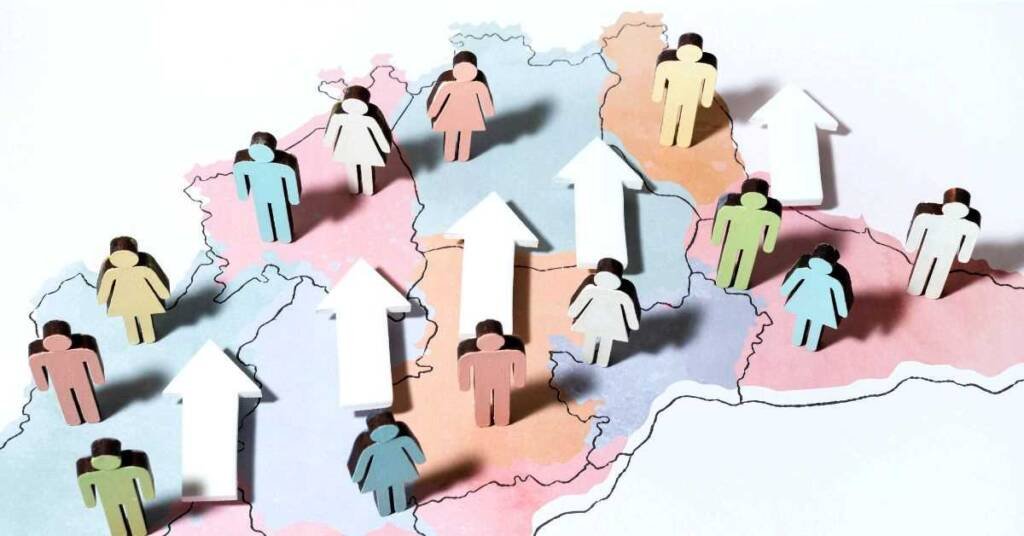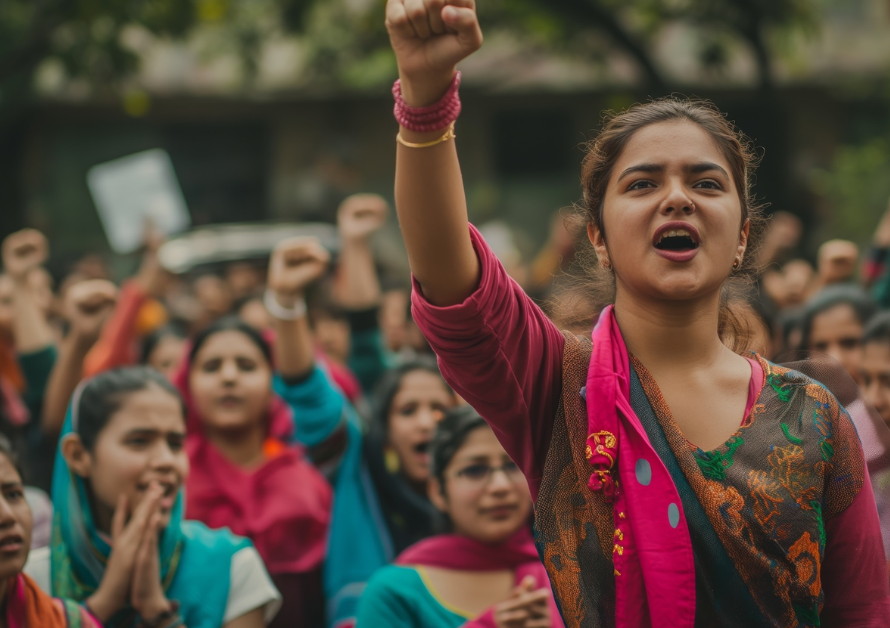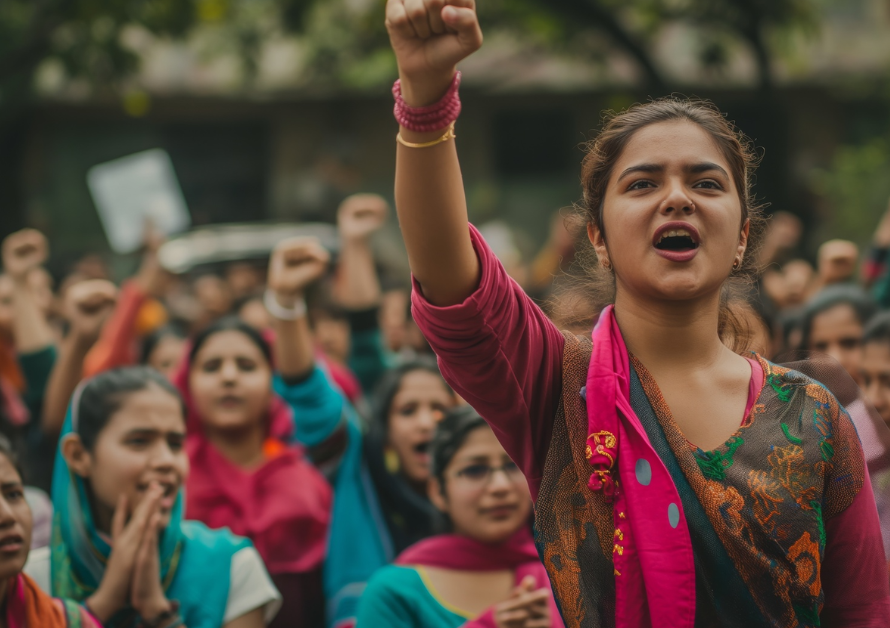Islam, like any religion, has its strengths and weaknesses. However, certain aspects of its teachings, interpretations, and socio-political implications raise valid concerns that require critical examination. This discussion aims to highlight key issues while encouraging thoughtful reflection and actionable steps for maintaining social harmony and safeguarding India’s pluralistic identity.
Religious Teachings and Their Implications
One of the contentious issues with some interpretations of Islamic teachings is the concept that those who do not follow Islam are labeled as kafirs (non-believers), and, in extreme interpretations, they face harsh consequences if they refuse to convert. This belief, cited in particular verses of the Quran by certain groups, has been used to justify violence, coercion, and intolerance in some cases.
While many Muslims advocate for peace and coexistence, extremist interpretations of such teachings pose a threat to societal harmony. Any doctrine that encourages inhuman or anti-social behavior, whether explicitly or through misinterpretation, deserves scrutiny and reform. The challenge lies in distinguishing between devout followers of Islam and those who misuse religious texts for divisive purposes.
Polygamy and Demographic Shifts
Another pressing issue is the practice of polygamy and the cultural emphasis on large families in certain Islamic communities. These practices contribute to significant population growth among Muslims, which has demographic and political ramifications.
Population Growth and Voting Patterns:
The disproportionate increase in the Muslim population compared to Hindus is altering India’s demographic balance. For example, in states like Kerala and West Bengal, the Muslim population constitutes 40-70% in specific regions. This demographic shift is reflected in voting patterns, where a united Muslim vote often secures electoral wins, while the Hindu vote remains fragmented among multiple candidates and parties.
Political Consequences:
Political parties, particularly in opposition, often engage in vote-bank politics, appeasing minority groups for electoral gains. This trend has led to an increase in Muslim representation in legislative bodies, sometimes at the cost of equitable representation for other communities. Such dynamics were evident in the recent West Bengal Assembly elections, where targeted appeasement strategies played a significant role in the results.
Future Implications
If current trends of demographic growth and political influence continue, projections suggest that within the next 20-30 years, the Muslim population’s voting share could exceed 40% nationally. Such a shift could make it increasingly challenging for other communities to secure fair representation in governance.
Potential Risks:
Should a scenario arise where Muslims dominate political power, there is a fear among some Hindus that India could be steered toward becoming an Islamic nation. Historical precedents, such as the experiences of Hindus in Pakistan and Bangladesh, are often cited as cautionary tales. In these countries, Hindus faced forced conversions, persecution, and displacement, leading many to flee their homeland, leaving behind their property, businesses, and heritage.
India as a Hindu Homeland
India is the world’s only Hindu-majority nation, serving as the spiritual and cultural heartland for over a billion Hindus worldwide. If Hindus lose their majority status or political influence in India, there is no other country they can call their own. This existential reality underscores the importance of preserving India’s Hindu identity while upholding its secular and democratic values.
Call to Action
Promoting Unity Among Hindus:
Hindus must prioritize unity and cooperation, transcending caste, regional, and linguistic divisions.
A consolidated voting strategy can counteract fragmentation and ensure fair representation.
Encouraging Population Stability:
Hindu families should be encouraged to adopt balanced population growth, aligning with their cultural and economic aspirations while addressing demographic concerns.
Political Awareness:
Educated and informed voters must critically analyze political parties’ motives and support leaders who prioritize national integrity over divisive vote-bank politics.
Reinforcing Pluralistic Values:
While addressing challenges, it is crucial to foster mutual respect and understanding among all communities. Dialogue, education, and reform can counteract extremist ideologies without alienating peaceful adherents of Islam.
Conclusion
The challenges outlined above are complex and multifaceted. They require thoughtful deliberation, collective action, and a commitment to India’s foundational values of unity in diversity. Hindus must rise to the occasion, safeguarding their cultural and religious heritage while contributing to a harmonious and inclusive nation.
India’s destiny lies in the hands of its citizens. It is imperative that Hindus remain vigilant, proactive, and united to ensure that their homeland continues to thrive as a beacon of hope and spirituality for generations to come.







